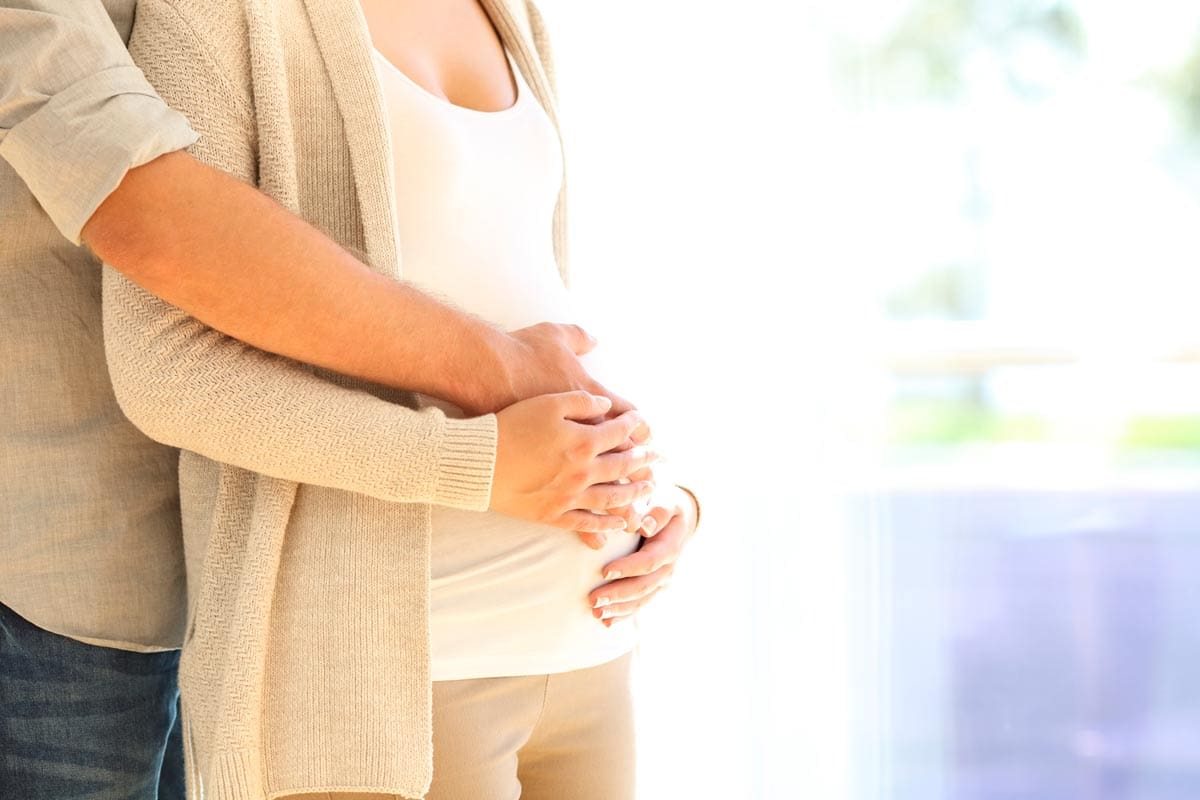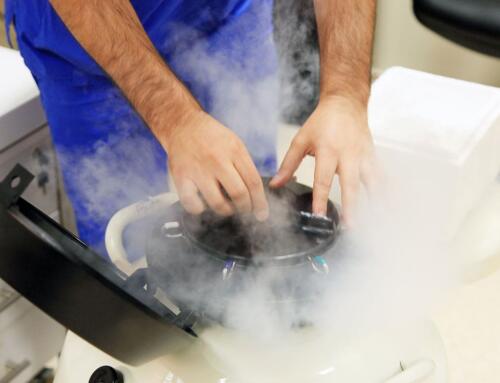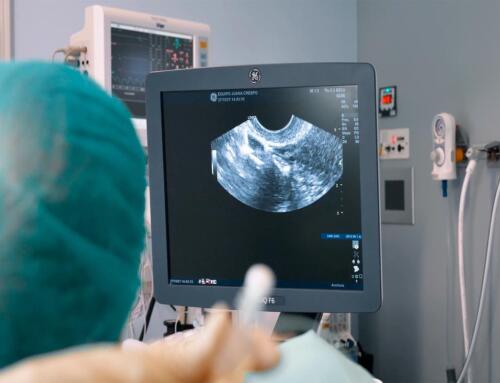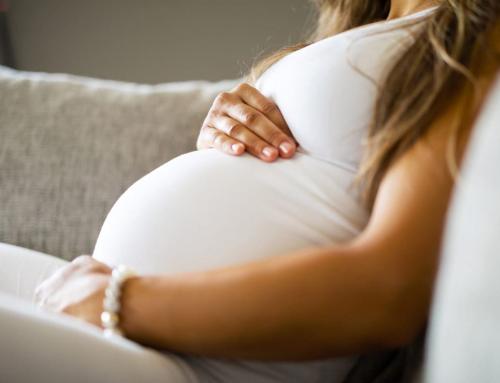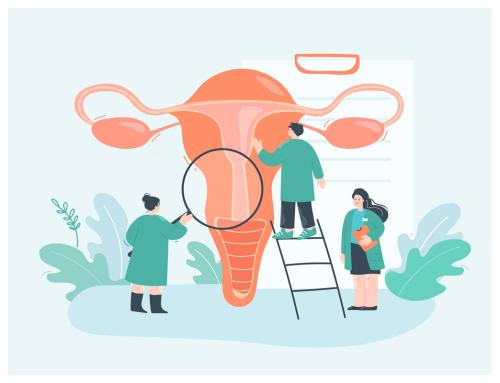Fertility Preservation in Premature Ovarian Insufficiency (POI) is a delicate matter as it affects young women whose ability to ovulate has been interrupted prematurely, usually due to health reasons such as illness, surgeries, or oncological treatments like radiotherapy or chemotherapy.
Receiving this diagnosis can be very challenging because it often occurs when pregnancy is desired. In other cases, fertility can be preserved in time, a premeditated decision that must be made regarding future motherhood.
While there is no treatment to restore fertility, women with premature ovarian insufficiency can freeze their own eggs or embryos fertilized with their partner’s or a donor’s sperm, or opt for innovative treatments like Revitalize Ovary.If these fertility preservation techniques are not performed in time, the only option may be egg donation to achieve pregnancy.
What is premature ovarian insufficiency?
Menopause marks the end of a woman’s fertile life, usually occurring between 45 and 55 years old. However, some women experience ovarian failure and begin this process earlier. Premature ovarian insufficiency, or premature ovarian failure, is the loss of ovarian function before the age of 40.
As a result, these women have a deficiency in estrogen (female sex hormones) and progesterone in their blood, and may experience premenopausal symptoms such as absent periods, sweating, or vaginal dryness.
Causes of premature ovarian insufficiency and possible risk factors
Although its incidence is low (occurring in 1 out of 100 women under 40 and 1 out of 1000 women under 30), fertility preservation in cases of premature ovarian insufficiency is quite common in our clinic.
To diagnose POI, a thorough medical history, physical, and gynecological examination of the woman is necessary.
Blood tests are also conducted to determine her levels of the hormones FSH and estradiol: if FSH hormone levels are high and estradiol levels are low, ovarian function is compromised.
Some causes of premature ovarian insufficiency are:
- Genetic alterations, chromosomal defects affecting the X chromosome (Fragile X syndrome, Turner syndrome).
- Exposure to toxins (including chemotherapy and radiotherapy in cancer patients).
- Enzymatic or metabolic defects (galactosemia, hemochromatosis, etc.).
- Autoimmune diseases, such as hypothyroidism.
- Infections by Herpes, Zoster, or cytomegalovirus.
Among the risk factors associated with premature ovarian insufficiency, the following may be cited:
- Age (premature loss of ovarian function is more common after 35 years, although it may occur earlier).
- Family history.
- Surgeries in the area that may compromise ovarian function (for example, to treat endometriosis).
In any case, premature ovarian insufficiency often has an unknown origin.
Is premature ovarian insufficiency the same as menopause?
Premature ovarian insufficiency is often defined as a kind of “early menopause.”
However, it’s not exactly the same.
In fact, menopause involves a total or near-total depletion of ovarian reserve, while some women with premature ovarian insufficiency may continue to ovulate intermittently.
Moreover, in so-called occult ovarian insufficiency (OOI), there are regular menstruations despite elevated FSH levels, which pose pregnancy possibilities. This situation can persist until 3-4 years before menopause.
How does premature ovarian insufficiency affect female fertility?
The effects of premature ovarian insufficiency on fertility are evident: in these women, regardless of age, difficulties in achieving pregnancy are common due to lack of ovulation and low estrogen levels.
In only 5-10% of cases is it possible to achieve a “natural” pregnancy with spontaneous ovulation, and it is also necessary for the disorder to be non-permanent and for the ovary to maintain some activity.
On the other hand, ovarian stimulation for IVF in these cases has worse results because, although between 30 and 40 years of age it is still possible to obtain good embryos with one’s own eggs, their low number may compromise treatment success.
Fertility preservation techniques in premature ovarian insufficiency
Many questions related to ovarian insufficiency are brought to our clinic, including whether it can be prevented or if there is any type of treatment.
Prevention will be entirely conditioned by the cause of ovarian failure, although if the cause is unknown or the diagnosis is delayed, prevention may be practically impossible.
Moreover, it is hardly possible to restore normal ovarian function, even if it maintains some activity.
Currently, at Equipo Juana Crespo, we have an advanced method to reverse processes of primary ovarian insufficiency or premature menopause called Revitalize Ovary.
The goal of this pioneering treatment is to attempt to obtain mature eggs from the patient, and subsequently perform IVF or ICSI.
Revitalize Ovary techniques and protocols are completely personalized and may include mobilization of bone marrow stem cells, micropunctures (microinjections) of PRGF (plasma rich in growth factors) to improve oocyte quality, or stimulation of ovarian growth factors.
According to our experience, up to 40% of women between 40 and 42 years destined for egg donation achieve eggs of higher quality, both morphologically and chromosomally.
On the other hand, upon diagnosis of premature ovarian insufficiency or when there is a risk of ovarian failure because the patient will undergo oncological treatment, experts will recommend egg freezing for future motherhood once the disease is overcome.
Cryopreservation is a widely used technique for fertility planning.
The process is simple, and frozen eggs maintain the same quality as fresh eggs, guaranteeing their use in a subsequent assisted reproduction treatment.
Egg vitrification and Revitalize Ovary are options for fertility preservation in cases of premature ovarian insufficiency.


